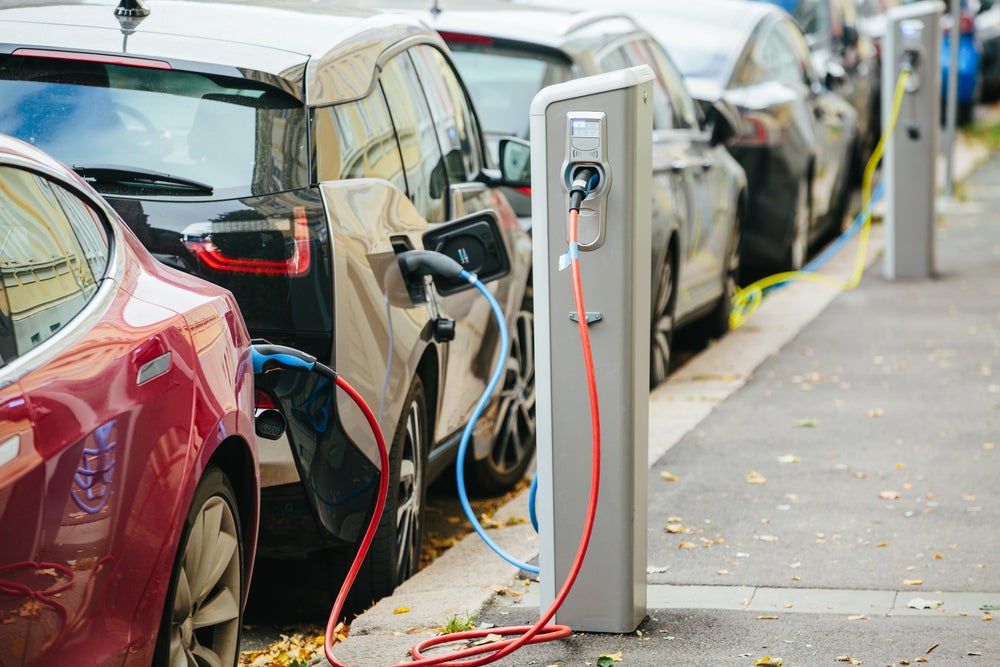Electric cars registered in 2020 are around 40% more climate friendly than cars with gasoline engines, according to a study by Germany’s Federal Environment Agency (UBA). The study predicts that as renewable technologies advance, this advantage will increase to around 55% for cars registered in 2030.
UBA President Dirk Messner said: “Electric vehicles are an essential component in achieving the climate goals in Germany. In order to make purchasing them more attractive, cars with higher CO₂ emissions should in future be subject to a surcharge when they are newly registered. This is the only way we will be able to achieve the federal government’s goal of 15 million electric cars by 2030.”
There are still some disadvantages with electric cars registered in 2020, such as the negative effects known as aquatic eutrophication, when mining and processing metals used in the production of electric car batteries cause overgrowth of algae and plants, clogging up waterways. Heavy use of minerals such as nickel, copper and aluminium can also cause acidification.
However, the UBA claims that the disadvantages of electric cars are largely caused by the fact that fossil fuels are still used to produce the electricity that the vehicles rely on. In its 2050 prediction scenario, the UBA suggests that electric cars will cause around 27% less aquatic eutrophication than gasoline cars. Furthermore, mining of critical minerals could be reduced in future as recycling of such materials becomes more proficient.
The study also detailed the environmental performance of trucks and found that those that use liquefied natural gas have no advantages over diesel trucks when registered in 2020 or 2030. Meanwhile, electric tractor trailers will have significant climate benefits in 2030. If approved by that time, battery-electric semi-trailers will have a climate advantage of 73–78% compared with traditional trailers.









